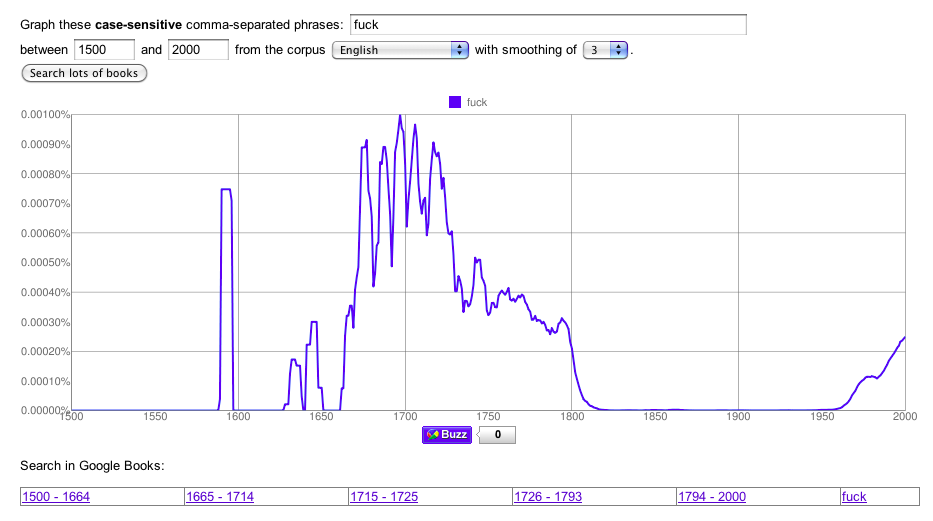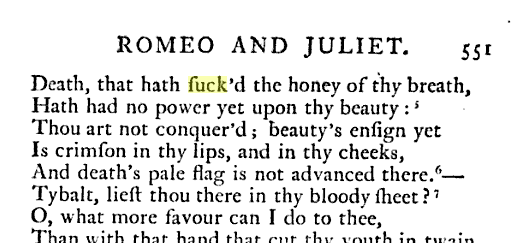
I created this cover (well except for van Gogh’s contribution). You may use it!
A few months ago when the Google Book Search API came out, I was among the first notice that GBS covers could be used to deck-out library catalogs (OPACs) with covers, potentially bypassing other providers, like Amazon and Syndetics. I subsequently promoted the idea loudly on a Talis podcast, where a Google representative ducked licensing questions, giving what seemed like tacit approval.
It seemed so great–free covers for all. Unfortunately, it now seems that it was too good to be true. At a minimum, the whole thing is thrown into confusion.
After some delay, Google has now posted–for the first time–a “Terms of Use” for the Google Book Search API (http://code.google.com/apis/books/terms.html). If you’re planning to use GBS data, you should be sure to read it.
The back story is an interesting one. Soon after I wrote and spoke about the covers opportunity, a major cover supplier contacted me. They were miffed at me, and at Google. Apparently a large percentage of the Google covers were, in fact, licensed to Google by them. They never intended this to be a “back door” to their covers, undermining their core business. It was up to Google to protect their content appropriately, something they did not do. For starters, the GBS API appears to have gone live without any Terms of Service beyond the site-wide ones. The new Terms of Service is, I gather, the fruit of this situation.
Now, I am not a lawyer and I am not a reporter. I don’t know who, if anyone, messed up. Nor do I fully understand what the new Terms of Service requires or allows. Although I am told they put the kibosh on using GBS as a replacement for other cover providers, I can’t find a straightforward prohibition on using GBS for covers, primarily or secondarily. But it starts out with the statement that:
“The Google Book Search API is not intended to be a substitute or replacement of products or services of any third party content provider.”
And there are other concerning clauses. There is a vague bullet about not posting content that infringes any other parties’ “proprietary rights.” And there are clauses that should give pause to many on the library-tech listservs–about not reordering results, not crawling, not caching, and so forth.
My interest in free data is well known. I think the days of selling covers—something publishers give out for free—are passing away. But if this happens, it must be done fairly. Those who provide proprietary data should be able to protect it, at least as far the law allows them to. (Since no data suppier can “copyright” their cover images, any restrictions must be based in licenses.*) Those of us who argue for free data** must respect this. That’s the difference between “free as in freedom” and “free as in ‘fell of a truck.'”
Meanwhile, being among the most vocal proponents of using GBS for covers—and having no idea the covers’ weren’t Google’s to do with what they pleased—I have been asked to sensitize librarians that “some of this content is licensed and they need to be respectful of infringement issues.”
So, that’s the word. Now if I only understood it.
*And, I gather, there is some doubt about “posted” licenses on publicly-available websites, as opposed to licenses that require explicit agreement. By the way, did you know that, by reading this, you’ve agreed to dance on the table like a damn fool next time you hear the Gypsy Kings? Do not disregard this license. We’ll know.
**At least those who believe in the right of contract or property.







